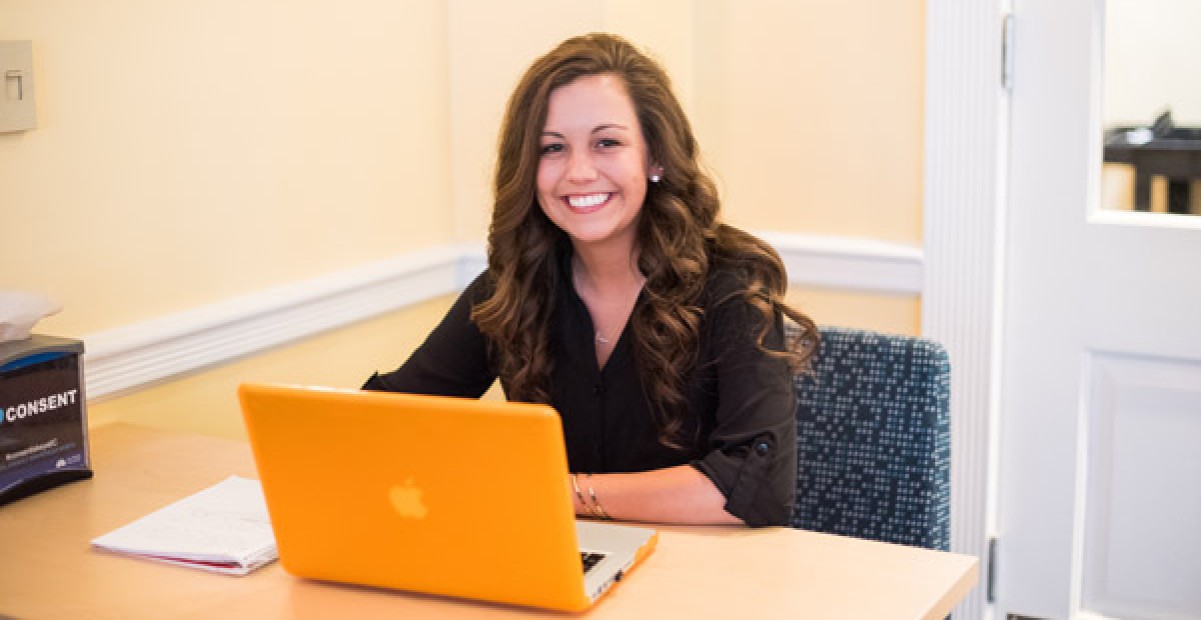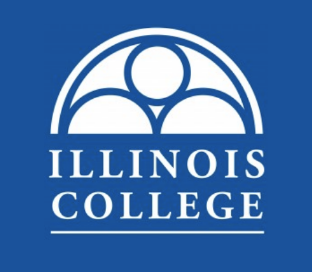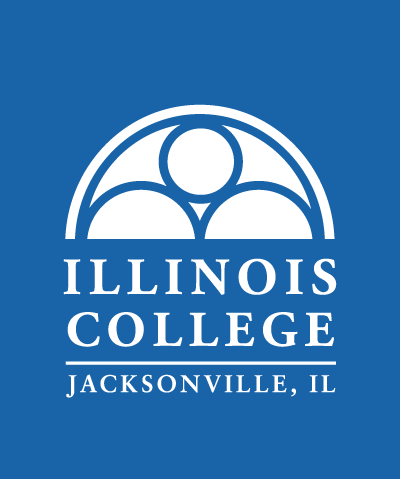IC to offer three degree programs in online format
Illinois College is a four-year liberal arts college founded by so-called “Yale Bands,” students from Yale University who migrated westward. The college’s history dates back to a time — 1829 — before Abraham Lincoln even stepped foot into Illinois.

by Steven Spearie, State Journal Register
When IC officials recently announced it would begin offering three of its degree programs early next month in a totally online format, with a promise of more programs to come, they admitted it was a bold initiative, but one consistent with what the college is at its core.
“We’re pretty confident we have the resources to do this well,” said Nick Capo, IC’s director of online learning.
“We’re pretty good at spotting the future. This technology is here to stay. There are no jobs that have become less technological.”
Online programs in nursing, agribusiness and business administration, with a management concentration, launch in May.
Over the next seven years, IC looks to start 16 other programs online, focusing on needs in the central Illinois region and academic strengths for the college, Capo said.
Most of those online programs will be similar to the ones offered on campus.
A lot of working adults, he said, can’t enroll in more traditional “face-to-face” courses because of their jobs and caregiving responsibilities for their children or their parents.
The programs will help that segment advance their career opportunities in areas where they may need bachelor’s degrees, Capo added.
According to research the college has done, most of the students in the online programs will still live within 200 miles of the campus. The online students will get college IDs, just like other students, have access to the libraries and be encouraged to come to campus events.
A 2018 report by Online Learning Consortium indicated that a little over 30 percent of higher education students are taking at least one distance education course, with students in public and private non-profit institutions accounting for the biggest surge in numbers. Distance learning numbers have been on the uptick for the past decade and a half and are impervious to the economy and other factors, the report added.
Acknowledging that there is “a lot of external competition in the online space,” Capo, a professor of English at IC who has published columns, essays and articles in a variety of newspapers, magazines and literary journals, said the college isn’t modeling itself after programs like the University of Southern New Hampshire, that has about 135,000 online students.
“This is a totally different model,” Capo said. “We’re getting people ready for work in small classes. Some of these same classes are taught by the same (professors on campus).
Part of what’s exciting about this opportunity is that it’s the kind of model that is still student-centered, with those small, close relationships that characterize our institution... Instructors are going to work with those (online) students just as enthusiastically as they do with students face-to-face.
“The critique of small liberal arts colleges is that they don’t keep up with technology. The way I think of it is that different means different. It doesn’t mean that it’s automatically better or worse. You have to try to ensure it’s a good education you’re offering, by keeping sections small for peer to peer interaction and faculty interaction. That’s the hallmark of a good liberal arts education.”
The online space also offers multiple ways of delivery, Capo said, including audio podcasts and software that can do text transcript.
“Part of what’s exciting about this opportunity is that it’s the kind of model that is still student-centered, with those small, close relationships that characterize our institution,” added Catharine O’Connell, the provost and dean of the college. “We want to give non-traditional students the same kind of education we give our students on campus.
“It’s a delivery model, not a philosophy. Instructors are going to work with those (online) students just as enthusiastically as they do with students face-to-face.
“If I thought we couldn’t do it this way, I wouldn’t have been supportive of it.”
“It’s taking and using the best practices of delivery,” said David Tretter, president of the Federation of Independent Illinois Colleges and Universities. “It’s a natural extension of things we do on traditional side (of academics).
“The consumer has different expectations these days. It’s a response to the marketplace.
“It’s probably a pragmatic move (by Illinois College).”
O’Connell said she expected most adult learners in the agribusiness and business administration programs would have some previous college experience.
IC started an on-campus agribusiness program two years ago and “it’s proven to be dynamic program,” O’Connell said. “That’s why it got moved up the list.”
The new online registered nurse to bachelor of science in nursing program was supported by a $25,000 grant from the Passavant Area Hospital Foundation.
Pamela Brown, founding director of the nursing program at IC, said the expansion of its nursing program comes at “an ideal time” for the central Illinois region, which has a growing demand for highly skilled nurses.
Candidates in that degree program, Capo said, must have earned an associate’s degree and have a nursing’s license.
O’Connell said the college doesn’t have final enrollment numbers for students starting the online programs in the next couple of weeks.
“We have high hopes, though,” O’Connell said.
For more information about IC online, visit online.ic.edu.


